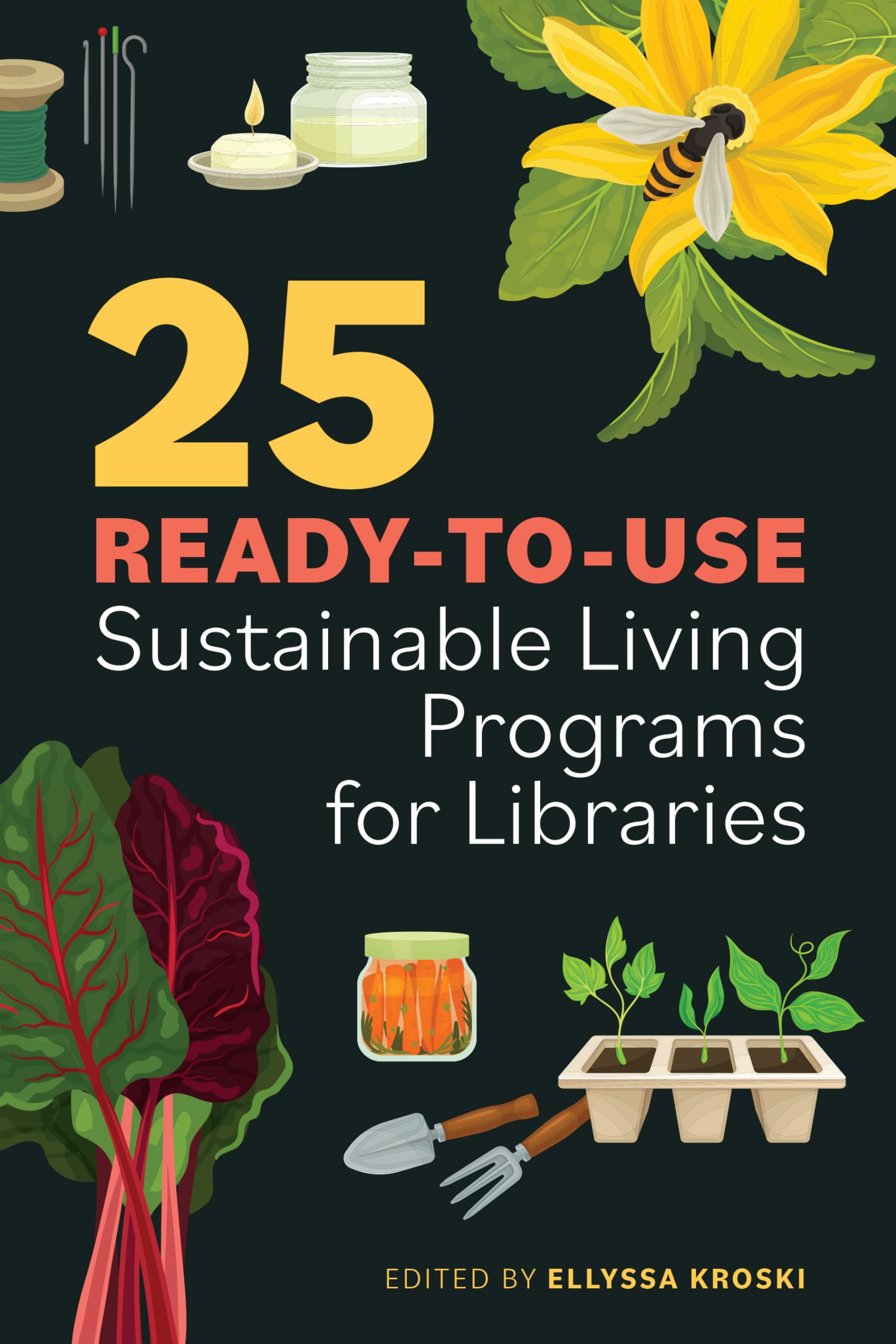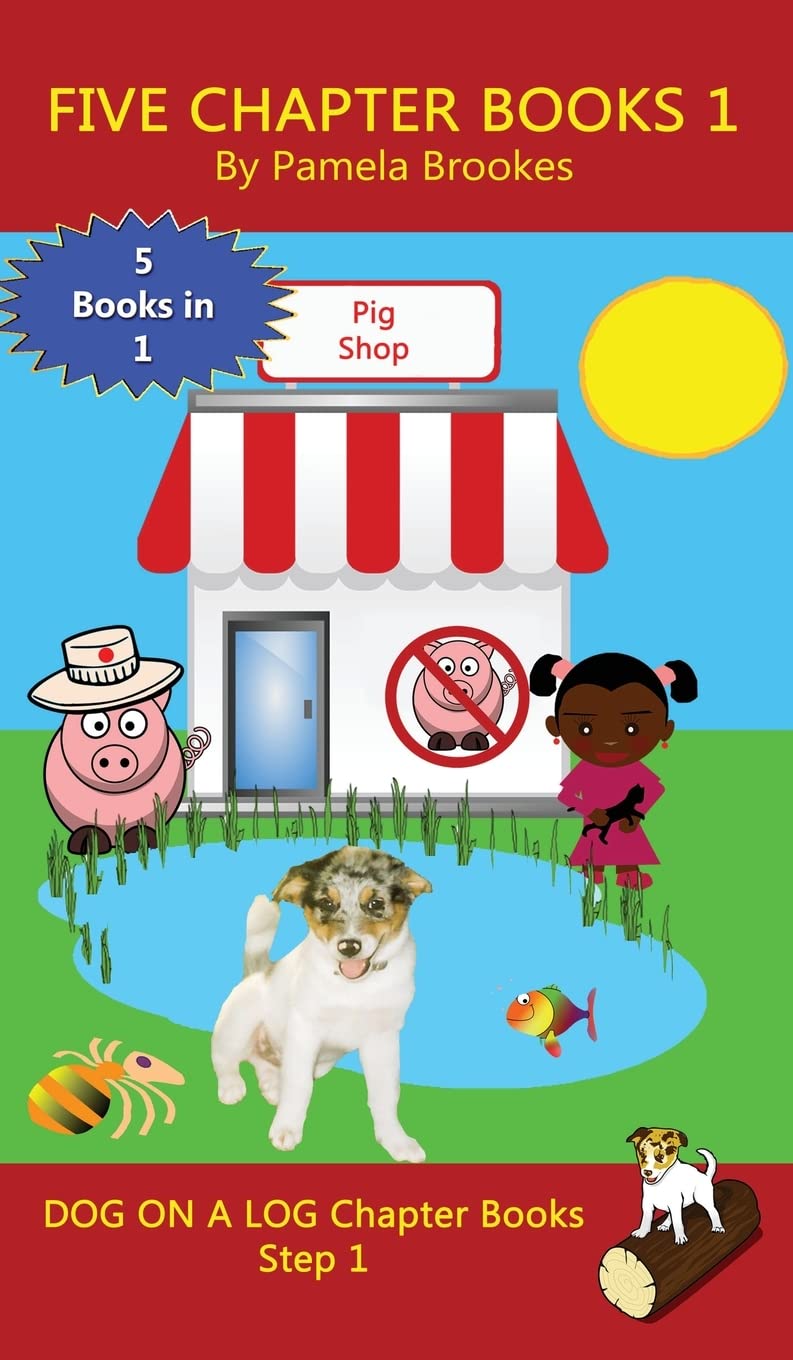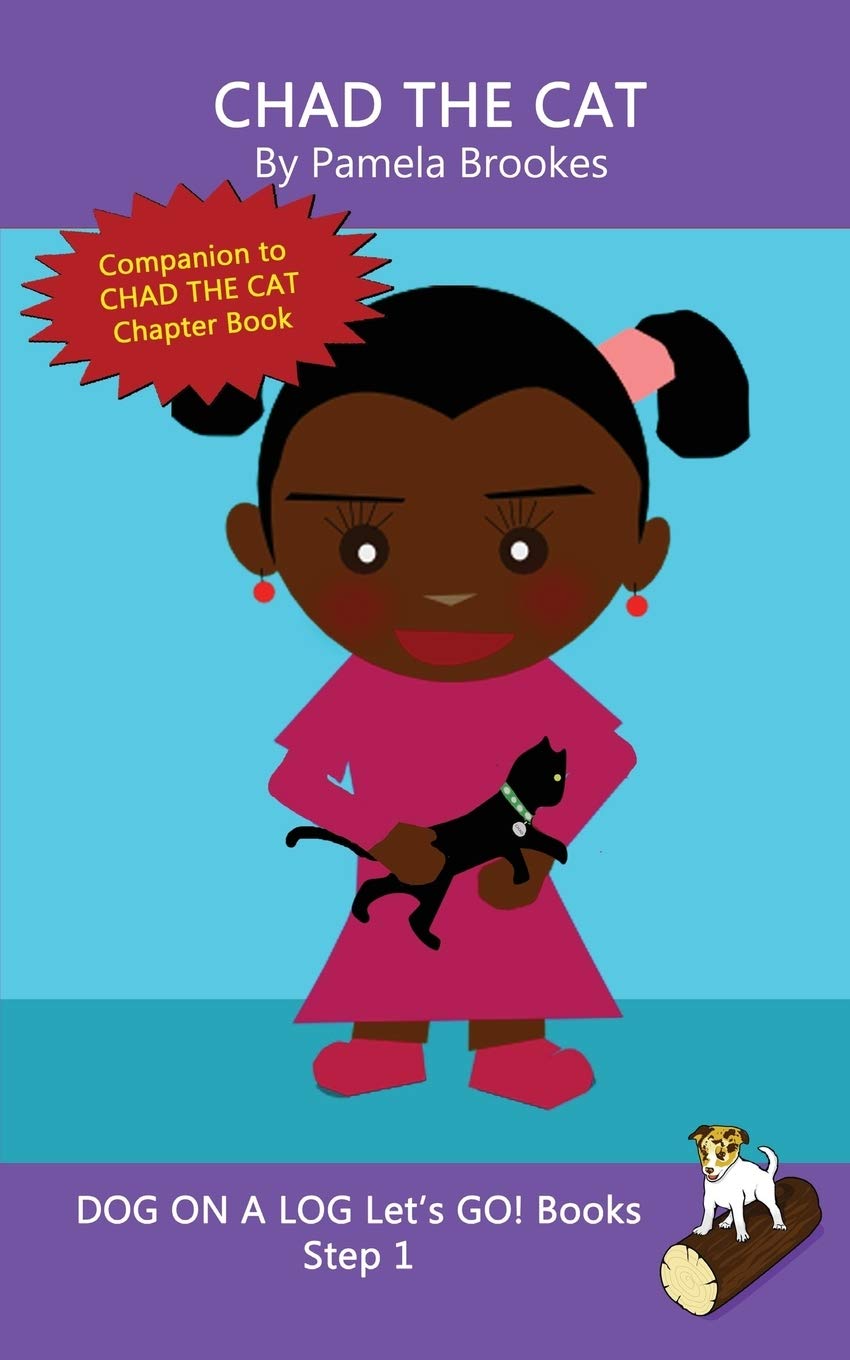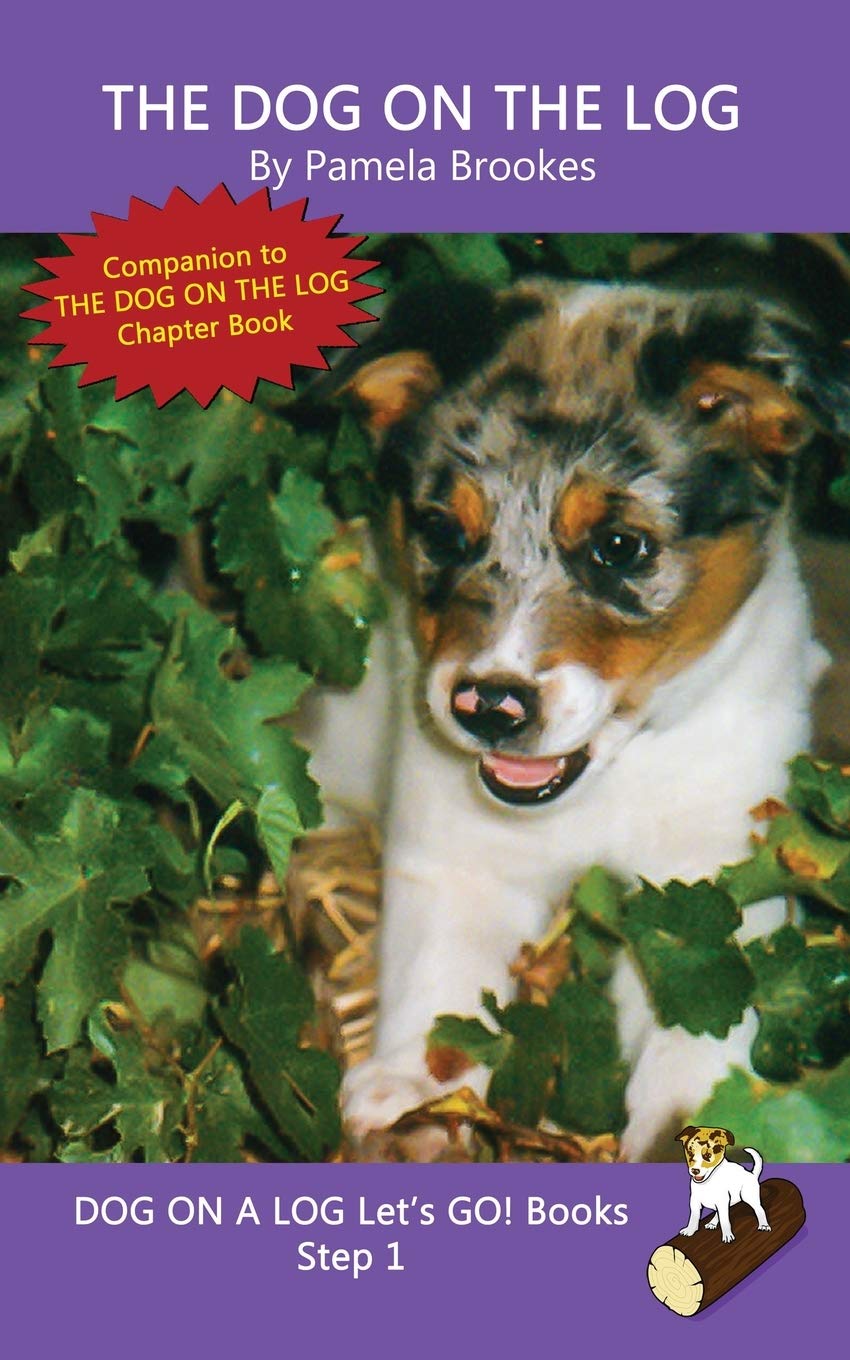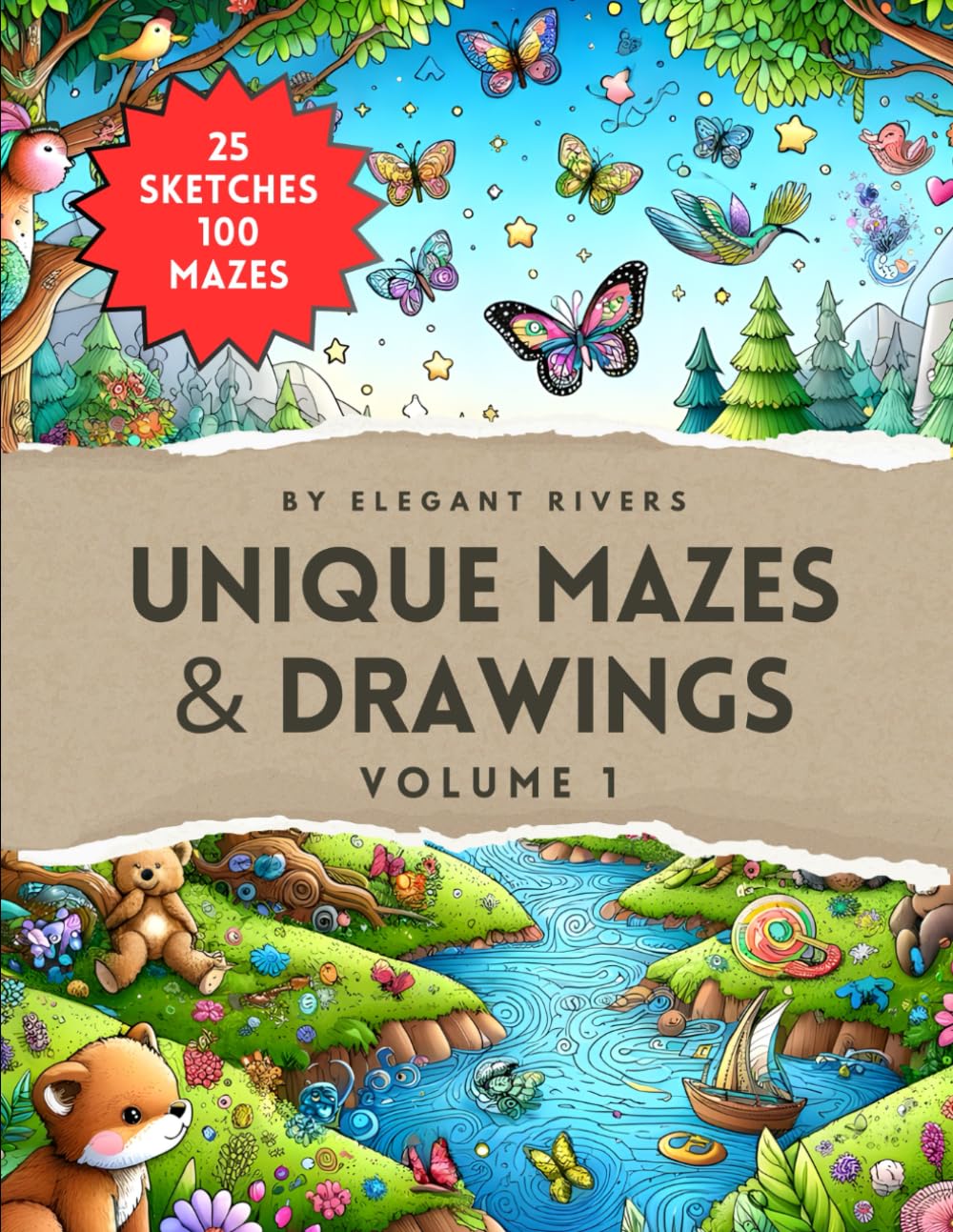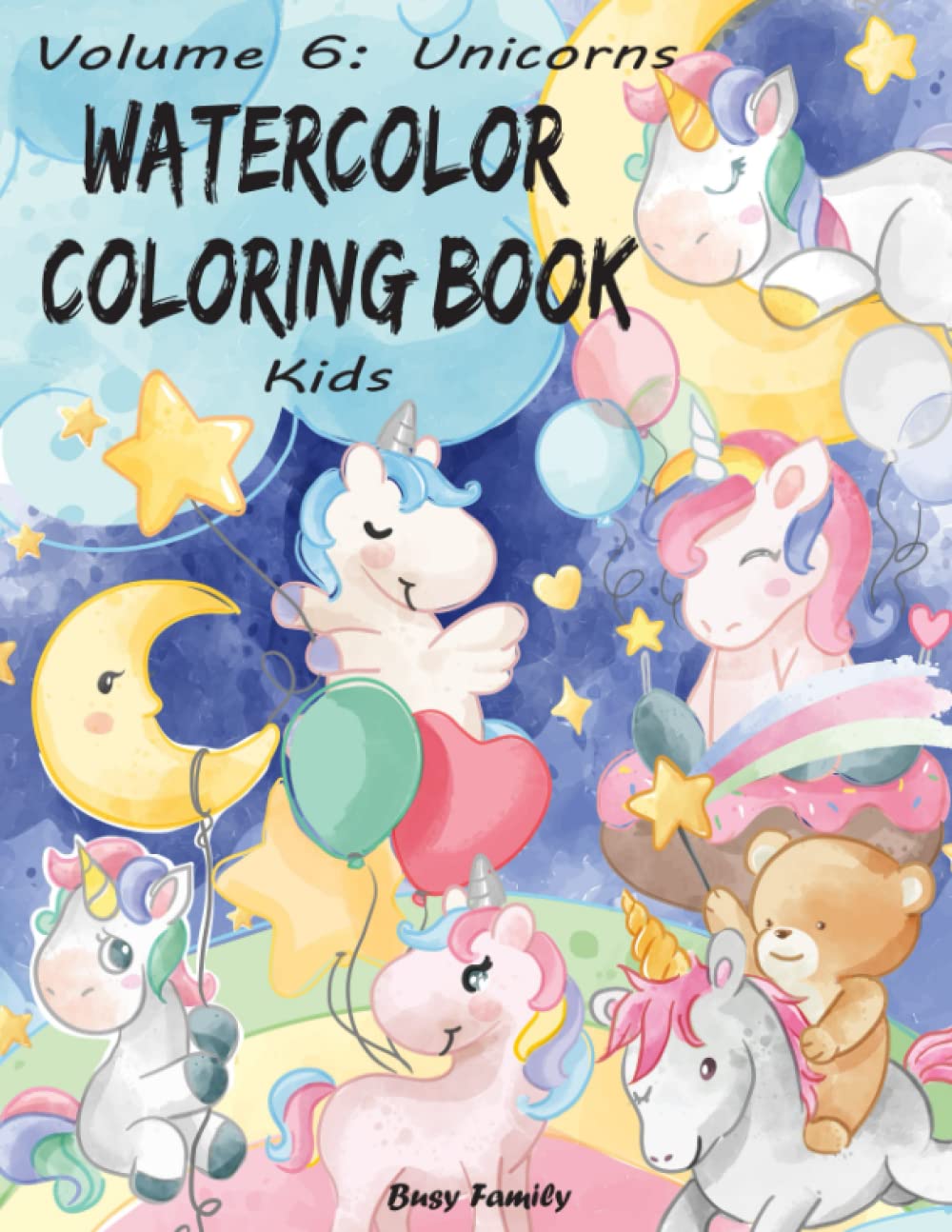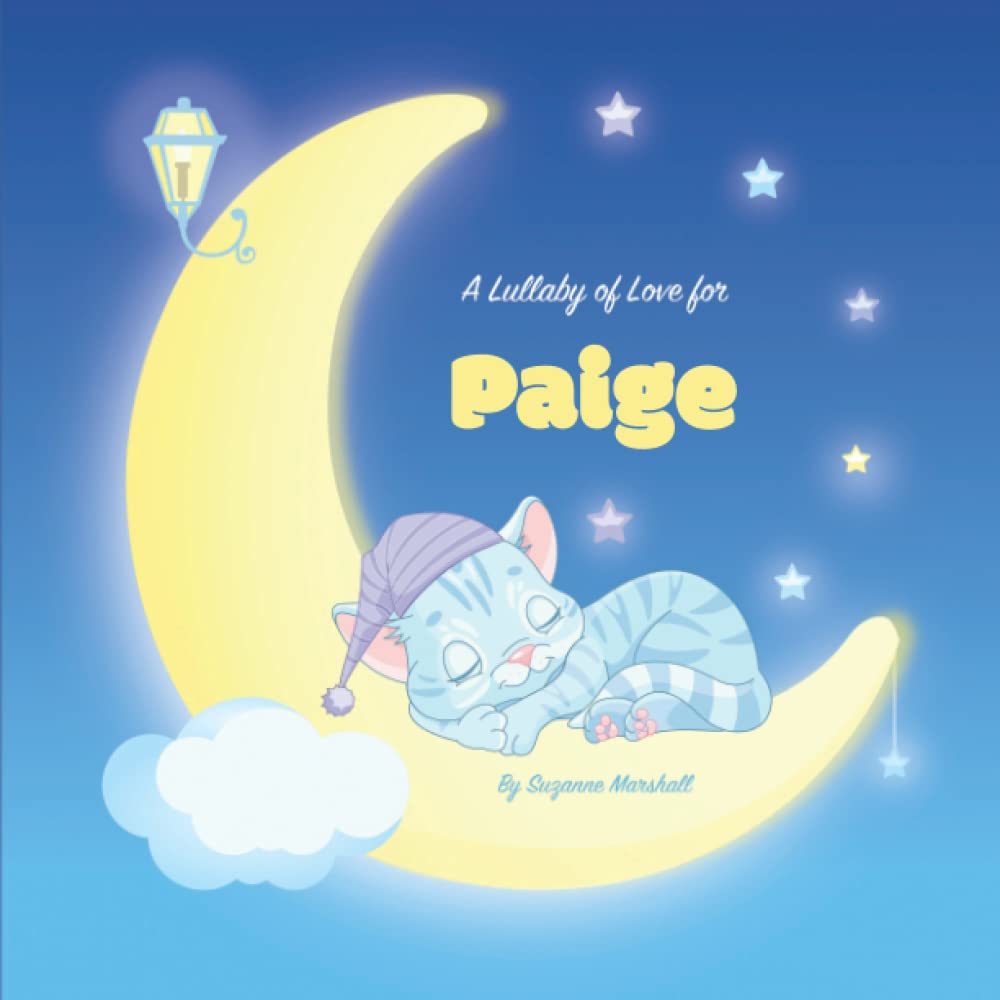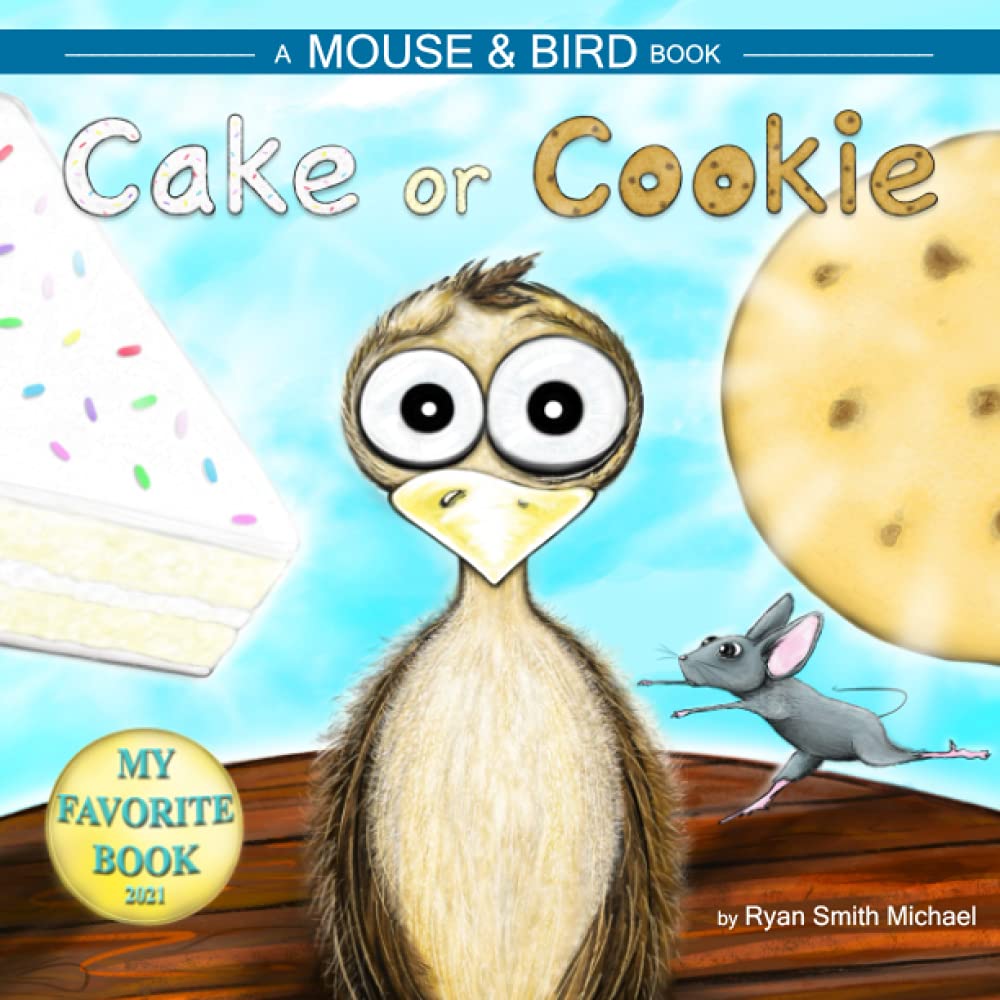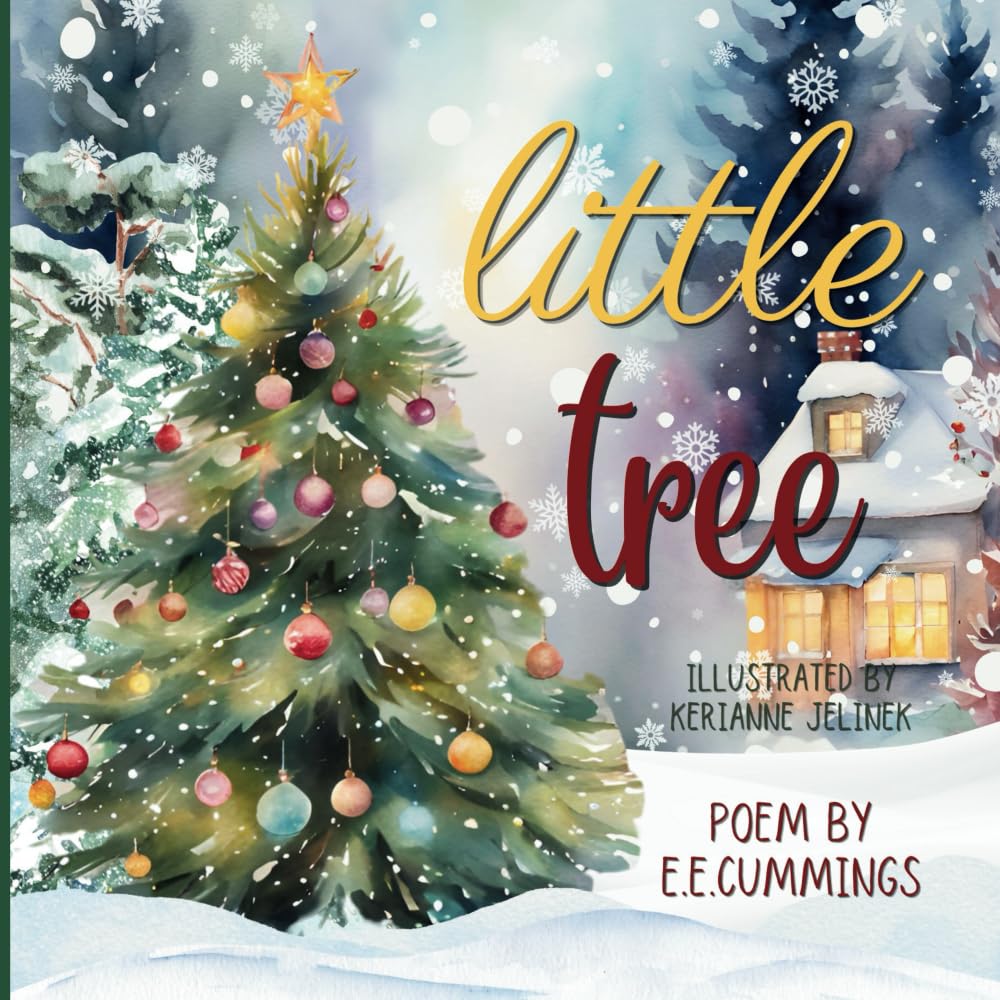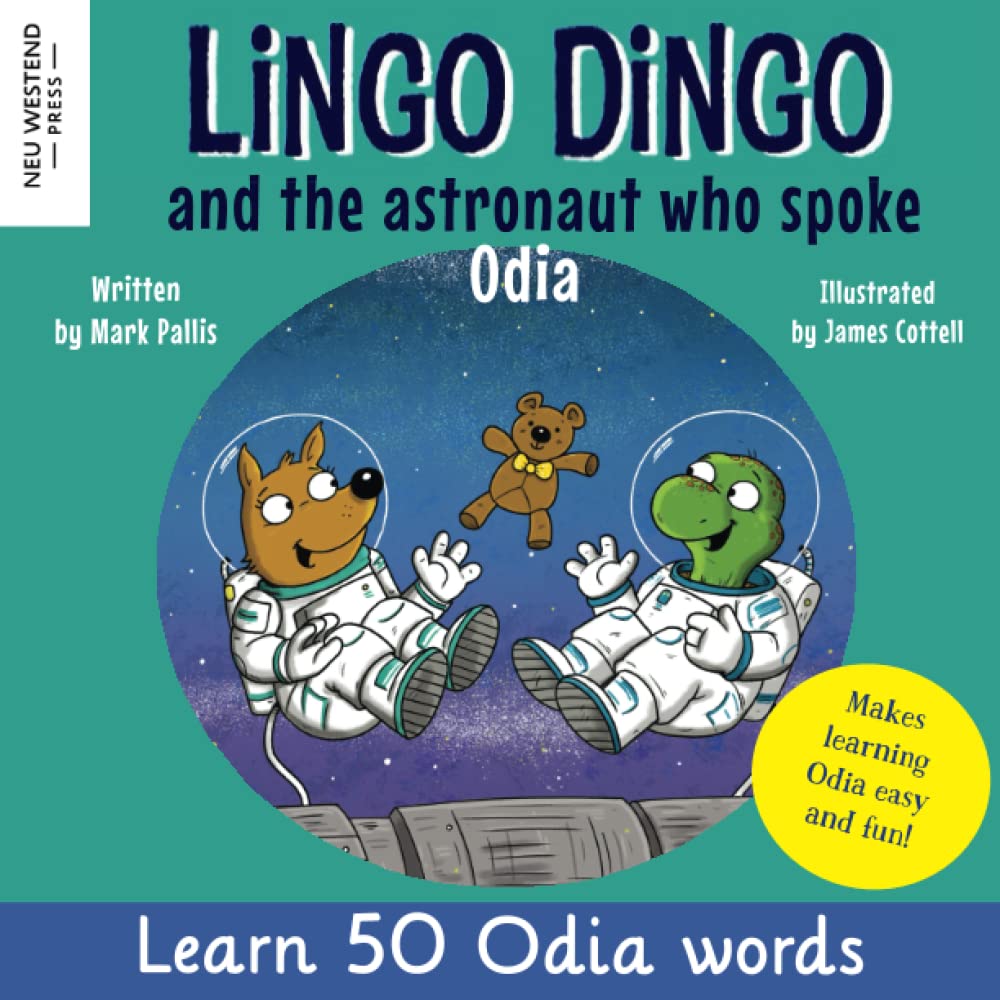In the wake of the COVID-19 pandemic, library patrons of all ages are becoming ever more interested in sustainability and self-reliance topics. And libraries are enhancing their programming to embrace these timely concerns by organizing instructional workshops, forming gardening clubs, creating community gardens, building beekeeping exhibits, teaching patrons about reducing waste and sustainable food sources, and more. Drawing on real-world initiatives from public, school, and academic libraries across the country, this all-in-one guide walks you through how to plan, organize, and run sustainable living programs at your own library. Complete with a materials and equipment list, budget, and recommendations for age ranges and type of library, the programs you’ll learn about include Mason jar hydroponic gardening, straw bale gardening, growing vegetables outside in winter, and a variety of other gardening activities; - sharing fixing skills and fostering sustainable culture through repair events; - family-friendly programs such as how to make rolled beeswax candles and glycerin soap; - upcycled jewelry for teens and adults; - a hands-on canning workshop; - making herbal tea blends; - how to start a food waste collection, the basics of composting, raising chicks and chickens, and more homesteading programs; and - coordinating gardening and sustainability programs with local experts. The wisdom and experience of 27 librarians from urban, rural, and suburban areas has been compiled in this wide-ranging programming book for creating a more sustainable lifestyle. It might seem difficult to implement—making a hobby farm in an apartment building is not quite tenable—but the contributors offer ready-to-use programming for doing hydroponics in a mason jar and inspiration to identify partners, such as local parks and recreation departments, master gardeners, community gardeners, herbalists, and urban homesteaders, so the library can offer programming "without coming up with all the materials and instructions yourself." A bit of what's here will showcase the appeal to all ages: detailed instructions on how to grow seedlings, such as how far away to keep a grow light from the plants, at what height they are ready to be transplanted, and a discussion of "amendments" to make to soil; growing oyster mushrooms safely and endlessly; safely fermenting cabbage to make sauerkraut; creating raised gardens from bales of straw (not hay!); composting; upcycling jewelry; making herbal infusions with clearly stated medicinal benefits; and homesteading programming around keeping chickens, bees, and livestock. Instructions on planning an intergenerational repair event, stress-reducing hand sewing and candle making sessions, and a list of books to shelf talk are also included. VERDICT A treasure trove of ideas, background knowledge, and techniques for sustainable and DIY programs in libraries everywhere.—Sara Lissa Paulson "Helpfully, each chapter includes a table which notes the program’s recommended age range, type of library, and estimated costs, for easy reference. The book recognizes that these sorts of programs may be new to library workers, and the step-by-step instructions are targeted towards beginners. Additionally, many chapters contain talking points, learning objectives and points to emphasize, particularly pertaining to safety concerns ... [This is] a useful collection of ideas for libraries." — Library Journal "The step-by-step instructions cover all you need to know to plan, prepare and run the programs. It even lists recommended next projects so you can build on your program. The programs cover a range of ages, different libraries, and from basically free to run to a few hundred dollars there is something for everyone ... I would recommend this book to library staff who organize events, are interested in sustainable living programs, and who would like to help their communities to learn more sustainable and self-reliance skills." — Journal of the Australian Library and Information Association Ellyssa Kroski is the Director of Information Technology and Marketing at the New York Law Institute as well as an award-winning editor and author of more than 60 books, including Law Librarianship in the Age of AI for which she received AALL's 2020 Joseph L. Andrews Legal Literature Award. She is a librarian, an adjunct faculty member at Drexel and San Jose State Universities, and an international conference speaker. She received the 2017 Library Hi Tech Award from the ALA/LITA for her long-term contributions in the area of Library and Information Science technology and its application
